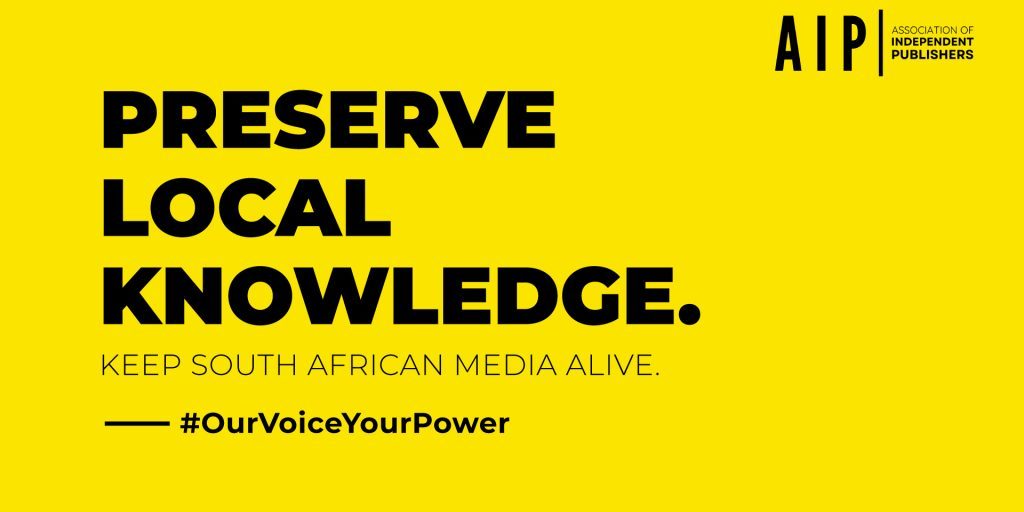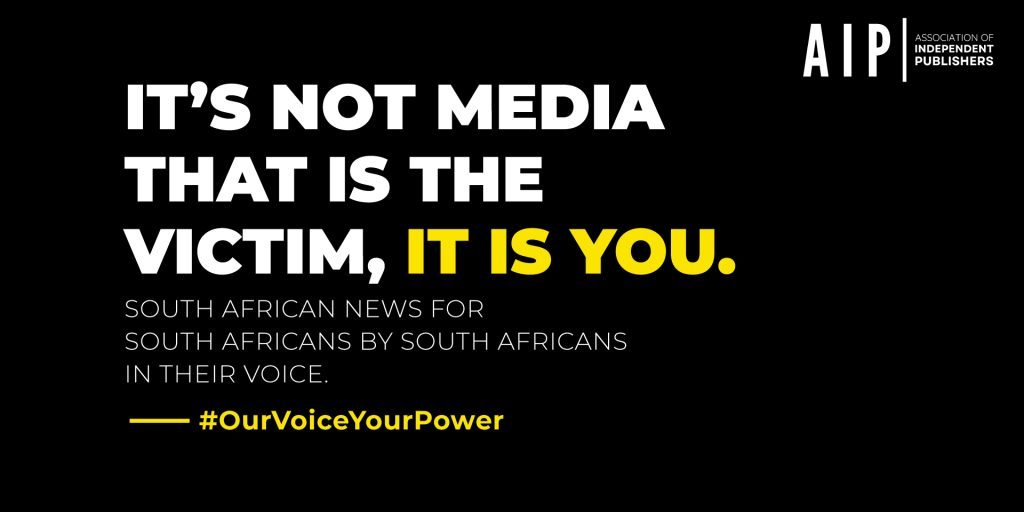Will local news be the collateral damage of a new war?
“Where have all the flowers gone?” asks folk song writer Pete Seeger in his 1955 hit with the same title. It is followed by “Long time passing,” indicating that almost without anyone noticing, the flowers had disappeared. Seeger’s song, made famous by the group Peter, Paul and Mary, is a poignant commentary on the senselessness of war and the profound loss it brings to humanity. The flowers became collateral damage in the struggle for domination.
But we can add to Seeger’s lyrics by asking, “Where have all the newspapers gone?” In countries such as America, a 2023 study has shown that newspapers were disappearing at a rate of roughly 2.5 per week. The situation is just as dire in our own country, with many small media outlets desperately clinging on for life.
The reason for the demise in especially local media lies in what is often described as the “war for the eyeballs.” For decades, local media relied on advertising to pay the bills. The hardware store on the corner placed an advert in the local newspaper, and the income was used not only to print the paper but also to pay for journalists, layout artists, and teams of newspaper distributors. The local media had the eyeballs, but they knew that they had to look after the readers. The readers demanded an unbiased mirror of their world, and most newspapers were serious about their role as watchdogs in the community.
But the world has changed, and so have the “rules of engagement.” New technologies made it possible for companies to target millions of people with the mere push of a button. Unscrupulous vendors started to collect the names and addresses of potential customers, which would then be sold on to companies. Even though this was outlawed in most parts of the world, some companies persisted in using such techniques to target customers.
When social media entered our world, the war became more intense. It became an era where public relations companies mushroomed. Companies cut back on traditional ad spending and new job descriptions, such as social media marketer, appeared. The challenge was to post marketing messages on every conceivable platform but to spend as little as possible.
As in every war, the murky dealings quickly started to dominate. Social media platforms adapted their algorithms, encouraging clickbait and content that divides rather than unites. “Give the people what they want, rather than what they need,” could have been the slogan. The war to collect the eyeballs became unscrupulous.
While this was happening, many local publishers migrated online, where they could reach thousands of readers on anything from a laptop to a cellphone. The difference, however, was that these eyeballs that they reached were so discounted that the income potential was limited. This was because another tech giant had already entered the war and started to dominate the online ad industry. Local publishers now had to compete against anything from a fitness app to a cat video for a piece of the advertising cake. The “machine” decided where the adverts would go, and quality content was no longer a deciding factor.
As if the world was not murky enough, more bad players entered the space, building machines to visit other machines, to falsely claim a share of the cake. Very soon there was no more cake, just crumbs which could not feed any local newsroom.
In this dark and confusing world, local publishers battled on, diligently attending council meetings, reporting on crime and court cases, and crying alongside families who have lost a dear one.
Society now needs to decide. Is it worth saving the local voices? Many people would argue that it’s not, and they will find solace among most politicians and often with people who have much to hide. In any case, they get their news from social media, they say.
Perhaps local journalism is antiquated and belongs in the mothballed archives of libraries.
We don’t think so, and that is why we’re calling on people to support the campaign to save local journalism. We believe that it is such an important part of a healthy democracy that it should be protected at all costs. There should not be a line at the end of this song that states, “Oh, when will you ever learn.”
To help local journalism, you can try the following:
– Buy a local newspaper.
– If the local publisher has a website, subscribe or offer to make a contribution.
– Support and make an effort to thank the businesses who advertise in the local media.
* The Association of Independent Publishers (AIP) has launched a national campaign to tell people why this battle for the survival of the media is so important. It started on World Press Freedom Day (3 May) and continues throughout May. Keep watching this space. Visit the AIP’s website to show your support for local media at https://aip.org.za/ourvoiceyourpower.




